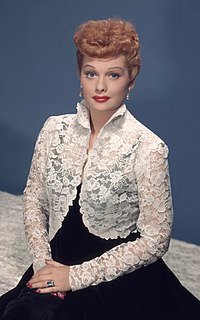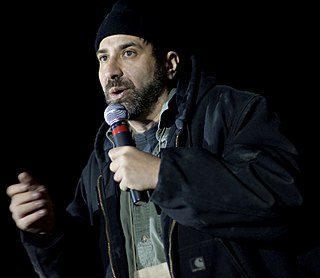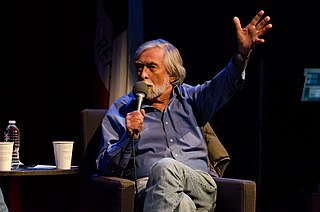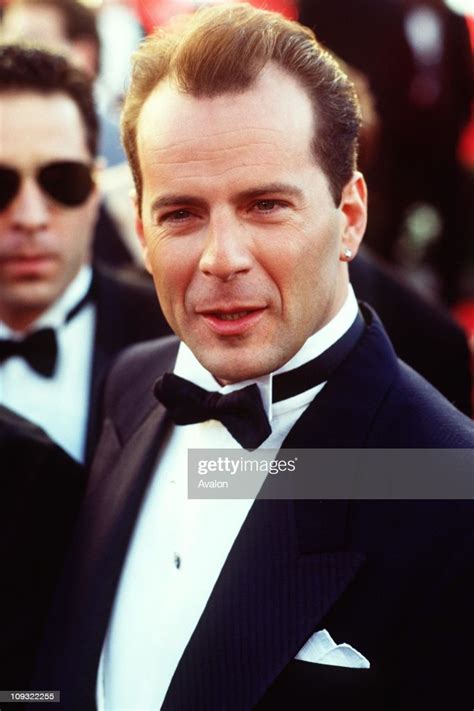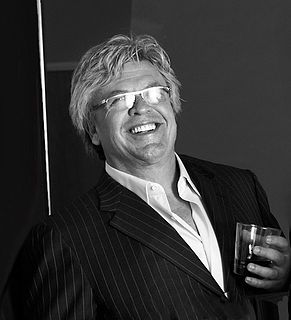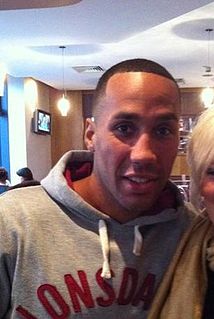A Quote by Lucille Ball
I don't know how to tell a joke. I never tell jokes. I can tell stories that happened to me... anecdotes. But never a joke.
Related Quotes
Humor has the tendency to be funny once. If I tell you a joke, we're going to have a big laugh. But the second time I tell the joke, it's going to be a bit strange, and the third time you're going to ask if there's something wrong with me. So I am very cautious with jokes, but there is a lightness in my work.
Now, I want to explain something to you guys. I don't have an ending joke, because I don't tell jokes. I tell real-life stories and make them funny. So, I'm not like the average comedian. They have an ending joke; they always holler Peace! I'm out of here, and walk off stage. So, basically, when I get through performing on stage, I just walk off.
I've told Michael Jackson jokes. If you got really technical, you could say those are jokes about child molestation. You could, if you got technical. A lot of this is just selective outrage because honestly, the audience are the ones that tell us that something shouldn't be spoken. The audience lets us know. And I've never, in my almost 30 years of being a comedian, seen a comedian continue to tell a joke that the audience doesn't respond to. I've never seen it.
It`s always been the same for me. I`ve always enjoyed acting, and I really love good actors; they`re such unique characters. I wish I could tell stories well, or tell a joke. Any time someone can do that it`s so satisfying. Sean Penn, for instance, is a really good actor, and he can tell a good joke or story. But it`s hard to do. Most actors have special talents that make them attractive, but they`re often odd characters.
